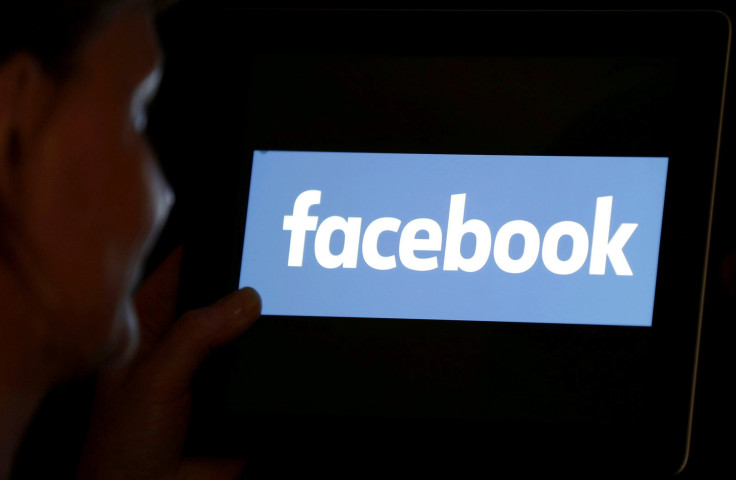Mark Zuckerberg Could Ruin Facebook's Most Important Subsidiaries

When Facebook (NASDAQ:FB) acquired Instagram for roughly $1 billion back in 2012, CEO Mark Zuckerberg vowed to let the photo- and video-sharing service operate independently, in order to leverage Instagram's strengths. Here's what His Zuckness said at the time:
We believe these are different experiences that complement each other. But in order to do this well, we need to be mindful about keeping and building on Instagram's strengths and features rather than just trying to integrate everything into Facebook.
That's why we're committed to building and growing Instagram independently.
It seems he's had a change of heart in the six years since.
This article originally appeared in the Motley Fool.
Zuck's control
Facebook has been instrumental in helping Instagram grow into a billion-user platform, but Zuckerberg's increasing control over the subsidiary is reportedly a significant contributing factor to its co-founders' decision to resign.
Instagram CEO Kevin Systrom and CTO Mike Krieger have clashed with Zuckerberg recently over certain strategic decisions. For instance, Facebook has pulled back how much it promotes Instagram within the core Facebook app, while also removing a label identifying Instagram posts, making the posts look more like content uploaded directly to Facebook instead of cross-posted. Those moves, along with others, created significant tension between Instagram and its parent company, according to Recode.
Slowly but surely, Facebook has been tightening its grip on Instagram's direction, as is fully within its right as a parent company -- but also in stark contrast with Zuckerberg's initial pledge.
Parallels to WhatsApp
Investors already saw similar storylines play out over the past year with WhatsApp, with co-founders Jan Koum and Brian Acton both calling it quits. At $22 billion, it was a far costlier acquisition than Instagram, which does inevitably create greater financial risk should the acquisition fail to prove its value. Like Instagram, WhatsApp was promised autonomy and independence.
In a surprise move, Acton has decided to speak out publicly about his decision to leave -- forfeiting $850 million in stock in the process -- in a new interview with Forbes. Acton had posted a shocking tweet earlier this year, joining the #DeleteFacebook movement after he had already resigned.
It is time. #deletefacebook
— Brian Acton (@brianacton) March 20, 2018
Acton seems to have some regrets. "I sold my users' privacy to a larger benefit. I made a choice and a compromise," Acton told Forbes. "And I live with that every day." Facebook is still working on putting ads in WhatsApp, the antithesis of the start-up's founding principles. Acton had other ideas for monetization, like a metered usage model, that apparently fell on deaf ears.
Acton tried to temper his criticisms by saying he doesn't consider Facebook to be "the bad guy," but rather the management team are "good businesspeople." There are other details in the interview that investors should absolutely check out.
For what it's worth, Facebook exec David Marcus, now in charge of Facebook's fledgling blockchain research unit, has pushed back on the interview, saying Zuckerberg gives founders "unprecedented autonomy" in order to support their visions. Marcus didn't pull any punches, calling Acton "low-class" for publicly airing his grievances.
What happens now?
There's no question that Facebook's deep pockets serve as rocket fuel for the growth start-ups it has acquired, but there should also be little doubt that the founders' visions are just as important.
While Zuckerberg has given Instagram and WhatsApp much more autonomy than most acquiring companies do -- and it's true that many founders eventually leave after selling -- the risk is that Zuck becoming increasingly overbearing and financially demanding might ruin what made those services so popular to begin with.
Evan Niu, CFA owns shares of Facebook. The Motley Fool owns shares of and recommends Facebook. The Motley Fool has a disclosure policy.





















